|
Going to a grocery store is always a buzz in another country, and France is no different. Lots of different products, choice, and variations on a theme when compared to products available at home in Australia. Whether it be E.Leclerc, Intermarché, Géant Casino, Carrefour, Super-U, Auchan or Lidl, it is always an enjoyable and stimulating experience. Grocery shopping is one of our enjoyable outings in France- is that sad? A mini cultural experience. There are quite a few differences to the chains found in Australia. So what are some of them? What are the traps for new learners? How to avoid embarrassment? What to be aware of? Here are some tips that, from experience, might be useful ..... And then there is this great spread called “Speculoos”, a cinnamon-y taste, which is a spread form of a biscuit they have over here, one often served with coffee. It is great on hot toasted slices of bread! However, you won’t find any vegemite on the shelves here. 3. Fresh milk seems to be a rarity in France. Lovers of "long life" milk are well catered for, but if you want fresh milk, come early before it runs out. In a huge store, there may only be a very small cabinet devoted to fresh containers of milk. 4. There are different arrangements for buying fresh fruit and vegetables at different stores. Sometimes there is an arrangement where you have to have your fruit and veges weighed first and priced to take it to the check-out. Other times, you need to put the co-inciding number of the product (that is displayed) into the self serve scales and put the ticket on the plastic bag before going to the check out. It can be embarrassing to get to the check out and you don’t have the price of the fruit on the bag! Creates a hold up in the queue if you have to run back to the fruit and vege section to get your purchase weighed and priced. This only happens once! The hint here is to just watch the other customers. 5. Over here, fresh chickens and other poultry tend to have a yellowish tinge to their skin… What the?! 6. France is fond of cheques. For whatever reason, cheques remain a very popular mode of paying for goods. While unheard of in Australia, in France we often pay by cheque in grocery stores. Every second or third person at the cassier at our local grocery store seems to pay by cheque. Logistically, all it requires is a signature, the cash register does the rest. 7. Be prepared to take your time. There are often queues for the check out, and even when there isn’t, it is not unusual for the check-out operator to have a casual, friendly conversation with every person in the queue before you. We have found this unhurried approach to service a challenge to get habituated to, but eventually it becomes quite pleasant, quirky custom. 8. Rug up when you go grocery shopping. Our experience is that the grocery stores here can be freezing! 10. Plastic bags are out in France. A great, progressive move. Remember to take a shopping bag/s with you when you go to grocery shop. Places like Le Clerc, Super U and Intermarché do not supply them. If you do not have any with you, you can buy them at the check out counter. Some bags are actually quite nice, often have a design related to the local area, and make inexpensive, light-weight gifts for those at home. 11. Opening hours. Always a little confusing as they vary according to the retailer and to the time of the year (and then there is always the “fermature exceptionelle” when places seem to close just for the heck of it).
12. Always announce your turn at the check out with a friendly “bonjour” (or “bonsoir” if after about 18.00), and on leaving, a “merci, bonne journée (or bonne soirée), au revoir” is the norm. 13. Bring a 50c or 1 euro coin to access the shopping trolley!
1 Comment
I saw the gendarmerie car waiting, ready to pounce, and as I drove on they started to follow me and then turn their lights on. “This is going to be interesting”, I thought. I pulled over and they stopped beside me and asked me to follow them, “suivez-nous”. I followed them to the car park of M. Bricolage and the two police men came over. They asked if I knew why they had stopped me. I responded that I thought so, “Je pense que oui”. They asked for my driver’s license, insurance papers and some “green” papers of which I had no idea what they were. Even before I handed over my Australian driver’s license they knew I was not of these parts from my harsh French accent and simplistic and straight-forward responses to their queries. “Is this your car”? “It is a hire car”. This is where I did a lot of scrummaging through the glove box, and thrust whatever papers I could find in there at them. “Where do you live”? “Here, or in Australia?? “Here”. “Verteuil, but just for three weeks”. “What are you doing here”? “I am on holidays”. They walked away and had a chat together. The younger one returned, gave me my licence back, and said I could go – “Allez-y!”. I think I was too hard for them. Anyway, they had the desired effect – I will be coming to a complete stop at “stop” signs in the future – good proportionate enforcement on their part. Last week we had our first interaction with the French police. My daughter, Bronte, had her mobile phone stolen while we were in the old town of Strasbourg, in eastern France. Fifteen seconds inattention on our part while swapping phones to take some photos, and it was gone. To cut a long story short, when we realized it wasn’t going to turn up, we approached one of the multiple teams of police who were ever-present, patrolling the area, always in groups of four, with automatic weapons, always foreign and unsettling for us. They suggested making a report at the police station and gave us directions how to get there by tram. Off we went and eventually found the Hôtel de Police.
At the Hôtel de Police, visitors had to wait outside in the winter cold and were brought into the foyer one-by-one to have their pockets emptied, bags checked and then patted down. Then we had to tell our story at the front desk, before being asked to sit in the waiting area. Eventually, we were taken into an interview room where we spoke to a young police woman, from Paris, new to Strasbourg. She was very polite, rattled off a series of questions, and everything was keyed into her computer. There seemed to be a lot of typing going on for the minimal amount of input we were giving. At the end of the 25 minute session, we were given a copy of a multi-page statement/report, each page signed by Bronte. It will be interesting to see what we have to go through with the insurance company once we return to Australia and how they deal with police reports in non-English languages. Overall, I couldn’t complain about the interactions with the French police on these occasions – serious but polite and courteous, reasonable, helpful. |
|
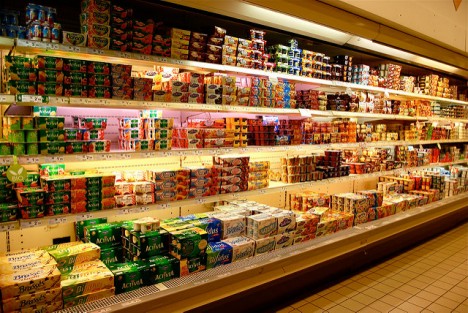
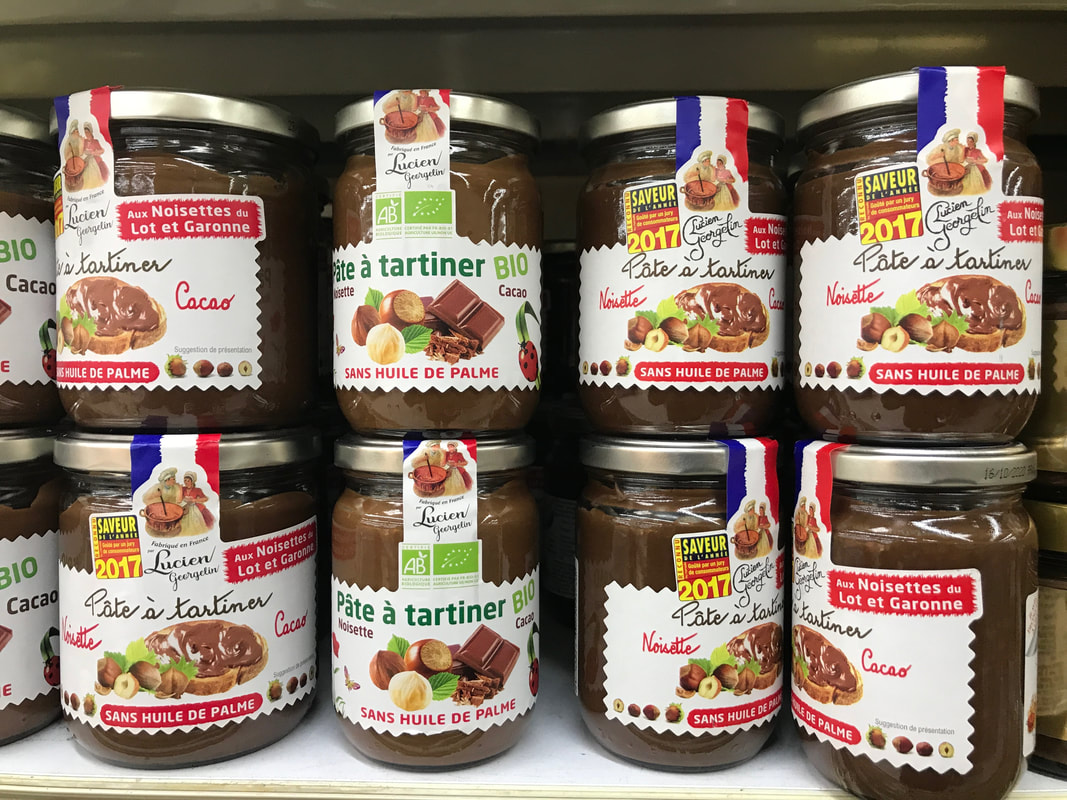
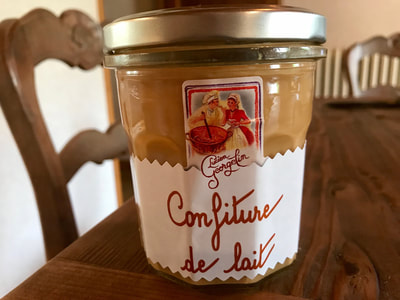
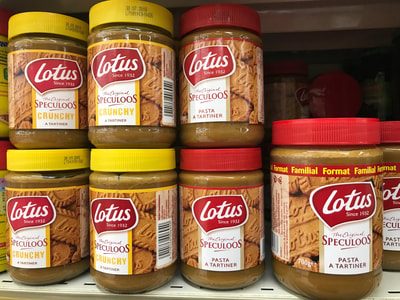
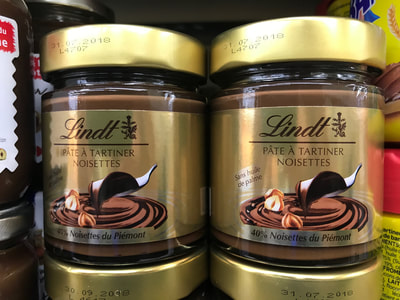
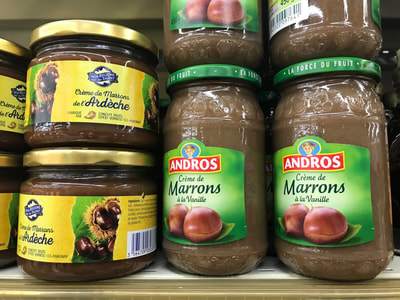
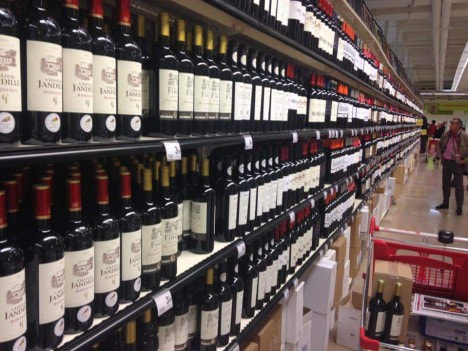
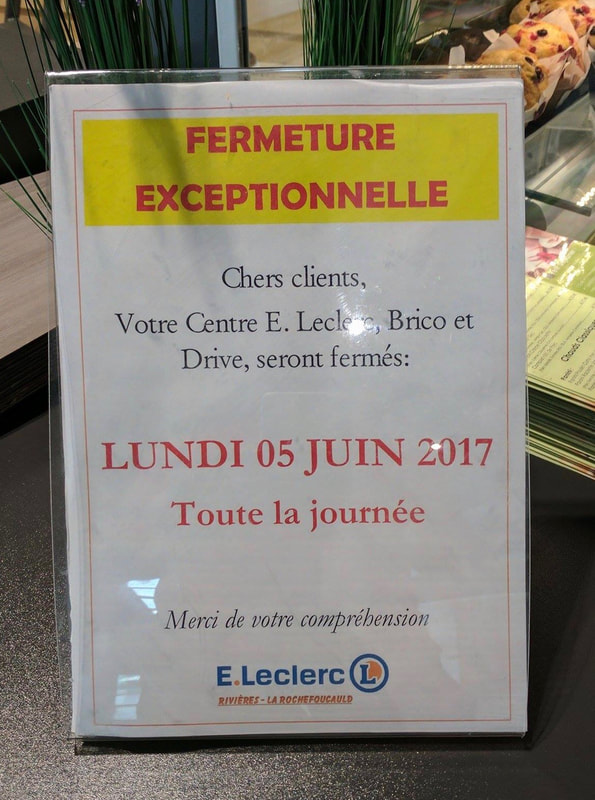

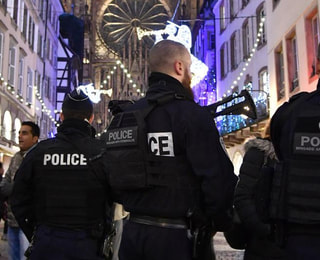
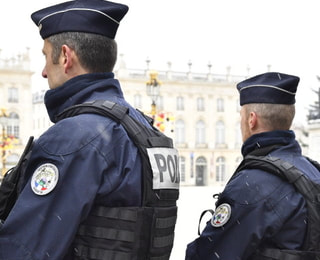
 RSS Feed
RSS Feed